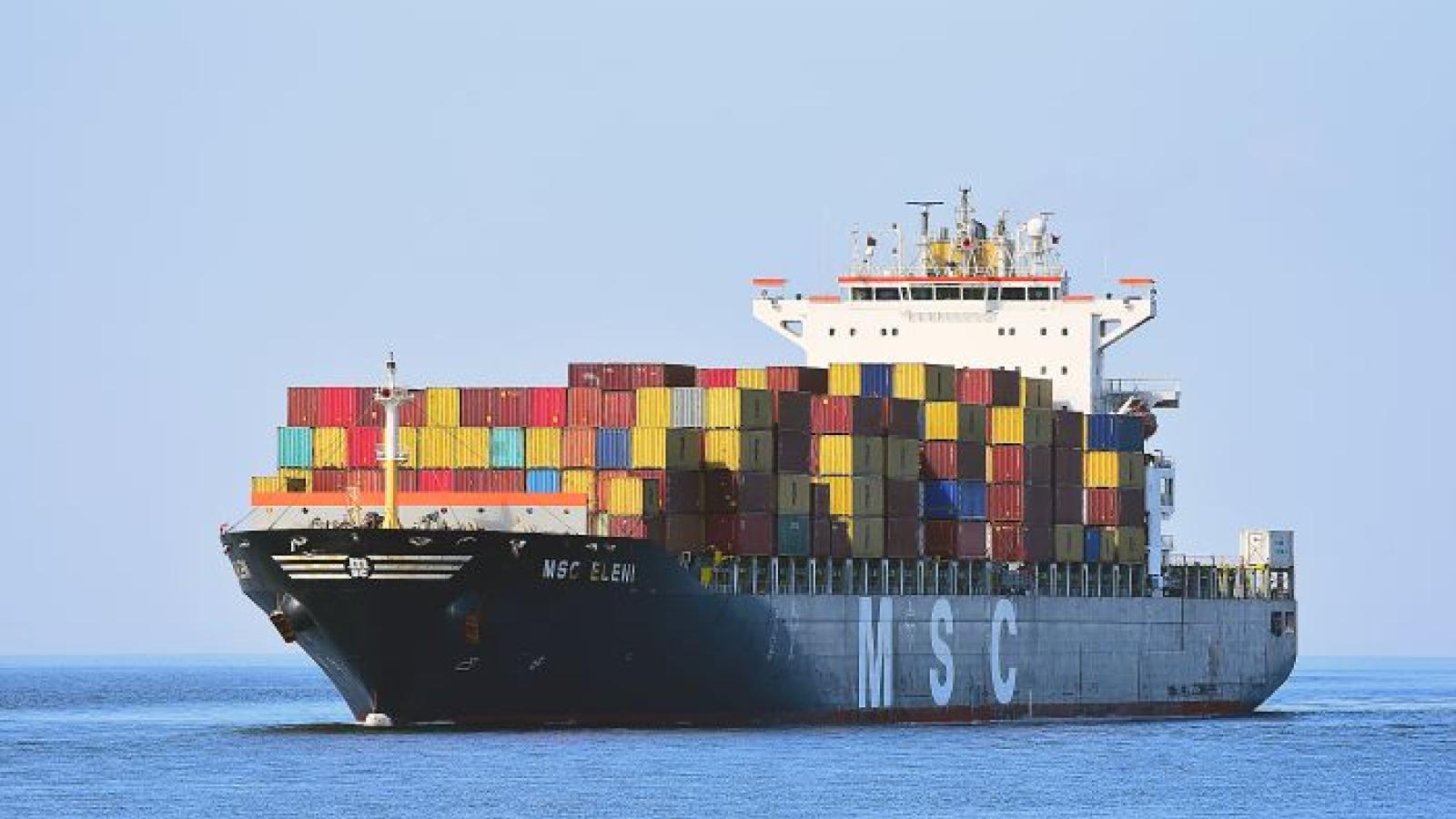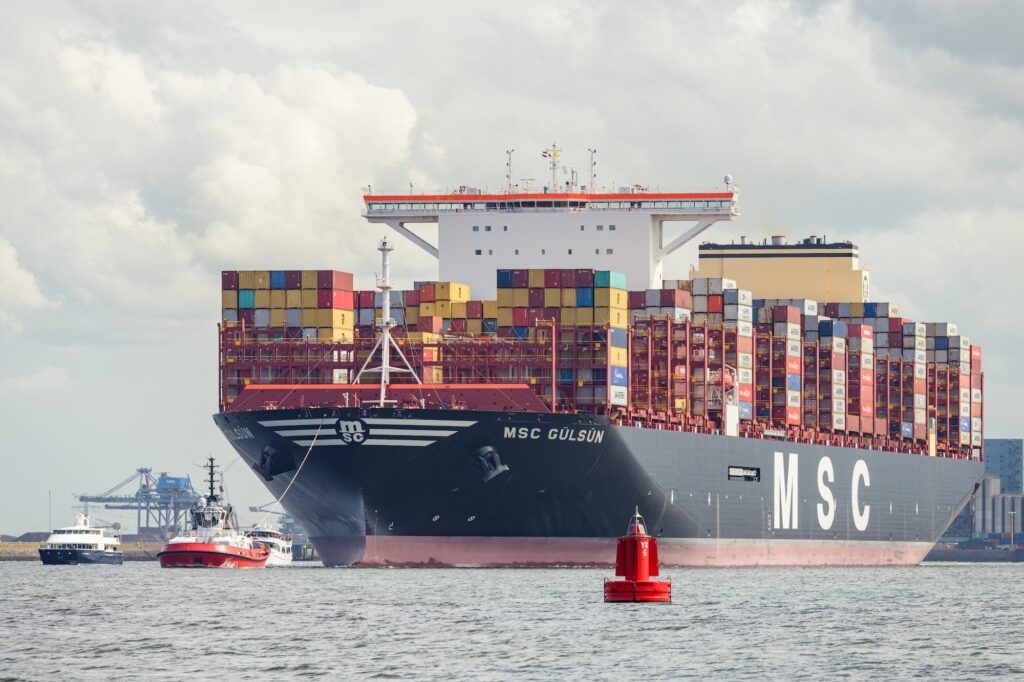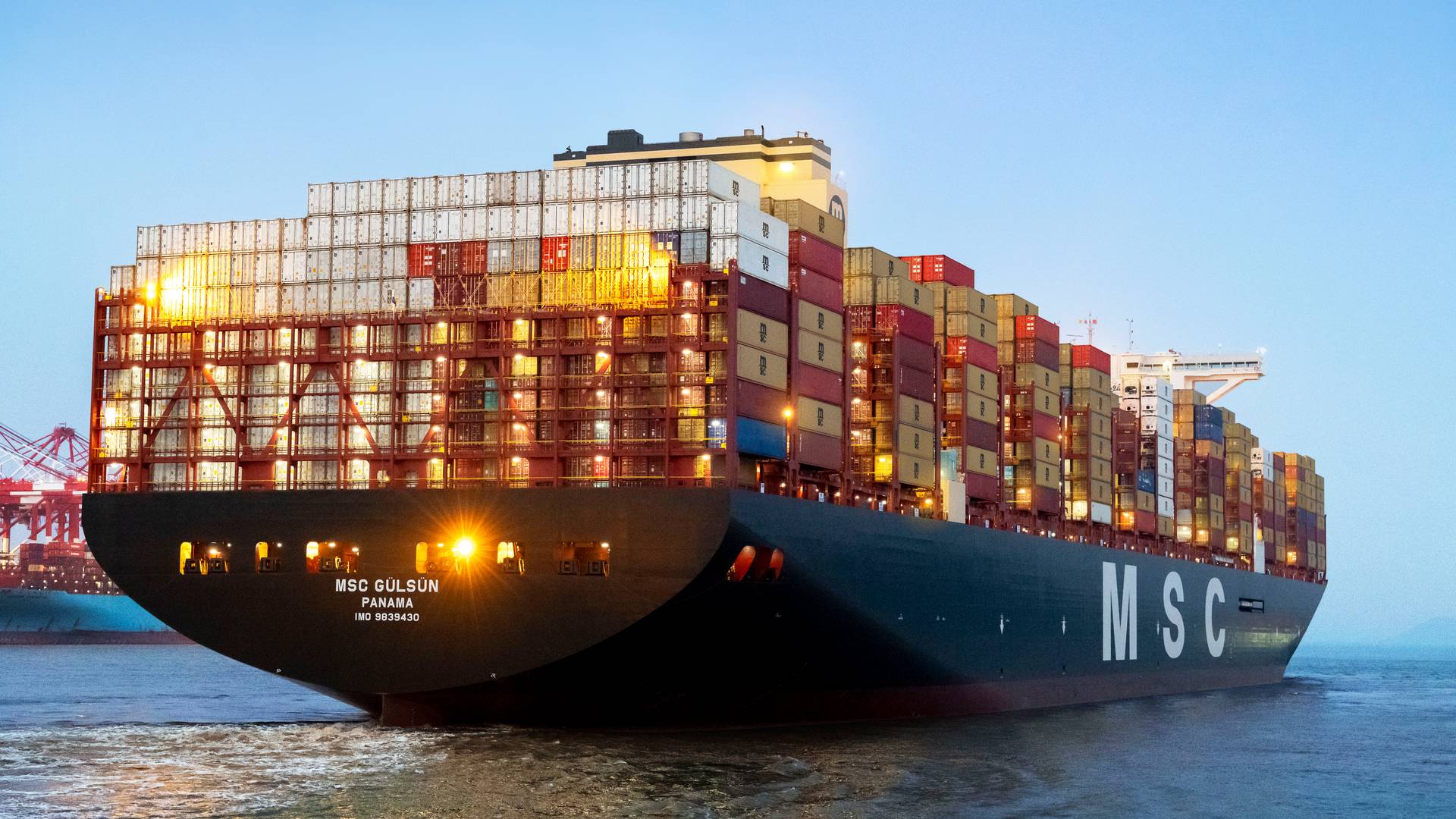MSC’s dominance in the worldwide hold capacity control of container ships has never been stronger and is expected to grow even more than is rapidly to a capacity of 6 million teu asMSC’s fleet capacity passed the 5m teu milestone in May last year.
Analysis company Alphaliner
According to the constant update drawn up by the research and analysis company Alphaliner, the Swiss shipowner currently controls 20% of the entire hold available in the world (almost 6 million Teu out of just over 30 total, divided between a little more than 7,000 ships for 358 million Tpl). Maersk is very detached in second place, with 4.3 million (14.5% of total capacity), followed by CMA CGM (3.7 million, 12.5%), Cosco (3.2 million, 10.8%) and Hapag-Lloyd (2.1 million, 7.2%).
MSC’s fleet capacity passed the 5m teu milestone in May last year.
Alphaliner points out that MSC’s ability is comparable to that of the future Gemini alliance between Maersk and Hapag, the second and fifth liners in the world.
Substantial orderbook in the world
A dynamic that, looking at the orderbook published by Alphaliner, seems to tend to be exasperated, given that to the 539 ships owned and 298 for hire MSC will add 99 units already commissioned, equal to about a fifth of the current capacity in terms of hold, for almost 1.2 million Teu, about double what in order overall for Maersk and Hapag Lloyd. Also in this case it is the most substantial orderbook in the world, followed by that of the French CMA CGM, the only other companion to have in order more than 1 million Teu of new hold.
Xeneta noted in today’s half-year report
Benchmarking platform Xeneta noted in today’s half-year report: “The 2M Alliance is already well under way in its disbandment, with MSC and Maersk now effectively running their own services under the 2M banner. This eases the process but there is still a lot of work to be done to fully transition to the new alliance structures.”
Xeneta warned that, for many shippers, the changes in alliances would happen during existing long-term liner contracts. It said: “This would have been a challenge in a stable market, never mind during the volatility we’ve seen so far in 2024.”
Advising for Shipper
It advised shippers to “seek information and assurance from carriers, be prepared to build new relationships and working practices if switching carriers, and be prepared for alliances to begin operating on trades which they previously did not”.
Charge higher prices
It also suggested shippers and forwarders consider the differing strategies and USPs of the carriers, and how they align with their own priorities – some carriers may prioritise market share and offer lower rates, while others may charge higher prices but promise better service.

The Gemini Cooperation
The Gemini Cooperation, announced in January, will see Hapag-Lloyd and Maersk operate 290 vessels with a combined capacity of 3.4m teu.
In February, the Ocean Alliance members confirmed they would extend their operational cooperation until at least 2032. This sees CMA CGM, Cosco, Evergreen and OOCL with a total of 4.5m teu deployed on the main east-west routes.






